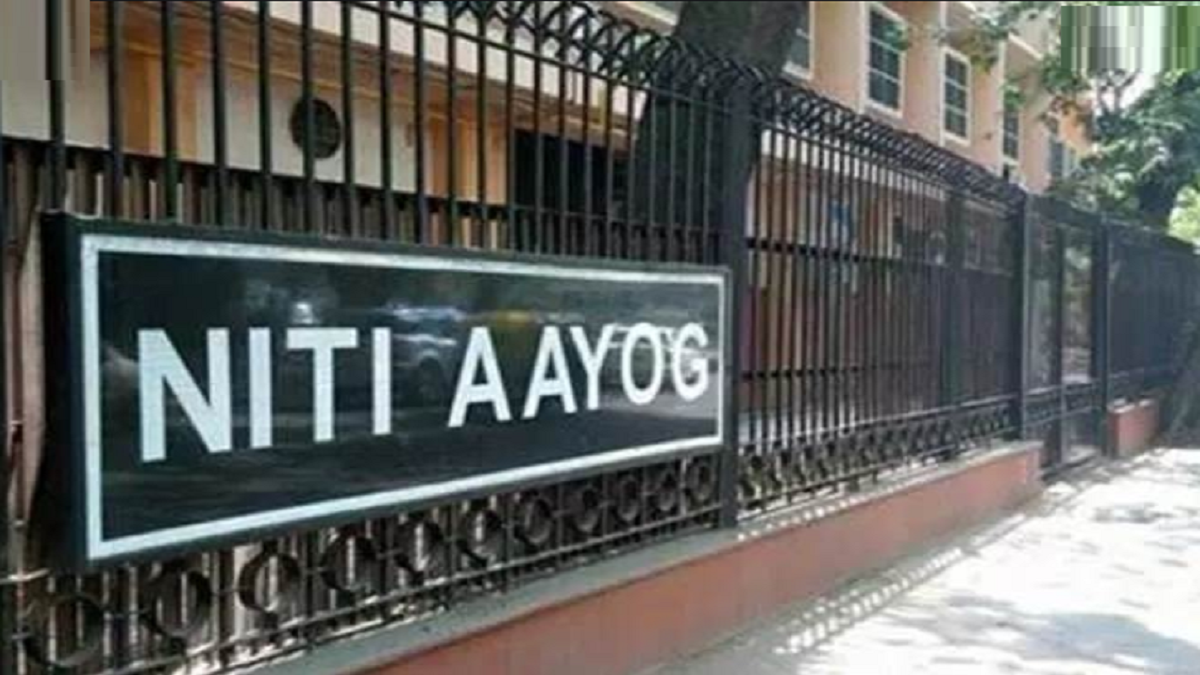


NITI Aayog has released a discussion paper titled “Digital Banks: A Proposal for Licensing and Regulatory Regime for India”, seeking comments till 31 December 2021.
The Discussion Paper can be accessed on the NITI Aayog website. As per an official release, the Discussion Paper has been prepared by NITI Aayog, in consultation with eminent experts in the field of finance, technology and law and based on inter-ministerial consultations.
“India has made rapid strides towards enabling financial inclusion catalyzed by Pradhan Mantri Jan Dhan Yojana (PMJDY) and India stack. However, credit penetration remains a public policy challenge, especially for the nation’s 63 million odd MSMEs that contribute approximately 30 per cent to the Gross Domestic Product, about 45 per cent to manufacturing output, more than 40 per cent of exports, while creating employment for a significant section of the population, which in terms of volume stands next to agricultural sector. This is hindering the development of a conducive business environment for expansion of the MSME sector,” read the release.
“Over the past few years, with the help of unprecedented level of technology-led digitization and digital disruption heralded by Jan Dan-Aadhar-Mobile (JAM) trinity, biometric Aadhar system etc., financial inclusion has become a viable reality for the citizens of India. This has been furthered by the Unified Payments Interface (UPI) which has witnessed extraordinary adoption. UPI recorded over 4.2 billion transactions worth over Rs 7.7 trillion in just October 2021,” it added. The release further informed that the platform approach taken by the government in conceptualizing UPI has resulted in valuable payments products being developed on top of it, as a result of which payments can be made with the click of a mobile phone not just at retail outlets but also peer to peer, completely redefining the way in which money is transferred between individuals.